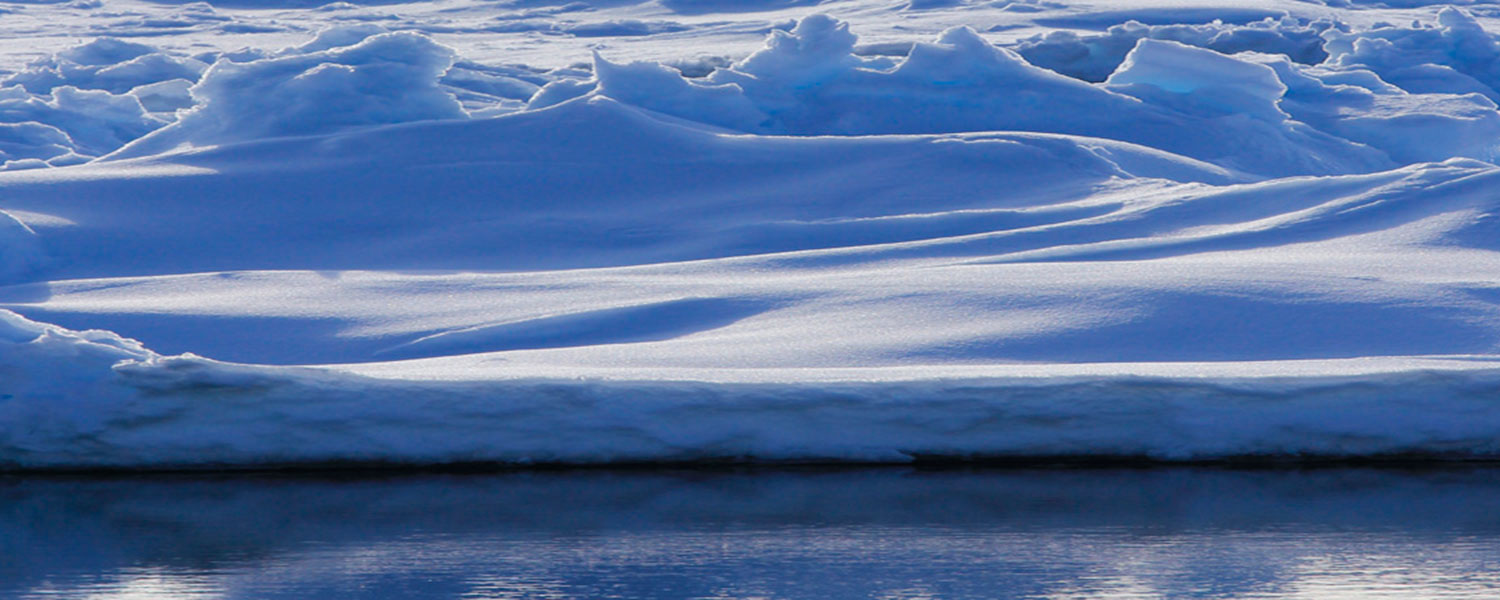Project
Processes Influencing Carbon Cycling: Observations of the Lower limb of the Antarctic Overturning (PICCOLO)

Active project
Project start: July 2017 | Project end: December 2027Funder: NERC
Principal Investigator: Professor Tom Bell
Other participants from PML: Dr Ruth Airs, Ian Brown, Dr Vassilis Kitidis, Dr Ming-Xi Yang, Dr Andy Rees, Malcolm Woodward, Dr Glen Tarran, Dr Sarah Breimann, Amanda Beesley, Claire Widdicombe, Elaine Fileman
Website: https://roses.ac.uk/piccolo/
The vast, remote seas which surround the continent of Antarctica are collectively known as the Southern Ocean. This region with its severe environment of mountainous seas, winter darkness, strong winds, freezing temperatures and ice is unsurprisingly one of the least explored and under-observed parts of the global ocean. However, because of these extremes, it plays a large and still unquantified role in Earth's climate system.
The aim of the PICCOLO project is to understand and quantify the mechanisms that transform the carbon contained in the seawater as it rises to the surface near Antarctica, interacts with the atmosphere, ice, phytoplankton and zooplankton inhabiting the near surface, before descending to the ocean depths. In order to achieve this PICCOLO will undertake an ocean research expedition to the region close to Antarctica, as computer models and satellite images show that these are areas crucial for carbon processes.
The PICCOLO team will make use of the latest technologies, including autonomous submarines, gliders and floats, to observe these processes in otherwise inaccessible and previously unstudied areas such as under the sea ice. Most ambitiously the scientists have anchored a mooring to the seabed and left it over winter to collect data, aiming to recover it during the main research cruise in 2024. The PICCOLO team will also put instruments on seals which will continuously take data as they dive up and down through the water, sending it back to scientists in realtime via satellite communication links.
Impact
The observations and data from the project will feed into Earth system models to better enable them to quantify oceanic carbon cycles and increase the confidence in the projections made by such models. Free access to near real-time data will benefit forecasting models at global weather services (such as the UK Met Office) and the novel observational techniques developed by PICCOLO will inform the design of the Southern Ocean Observing System. The project also aims to inform government policy with regard to the uncertainties in future sea level rise and reach out to the general public and young people, raising awareness of global change and polar processes.